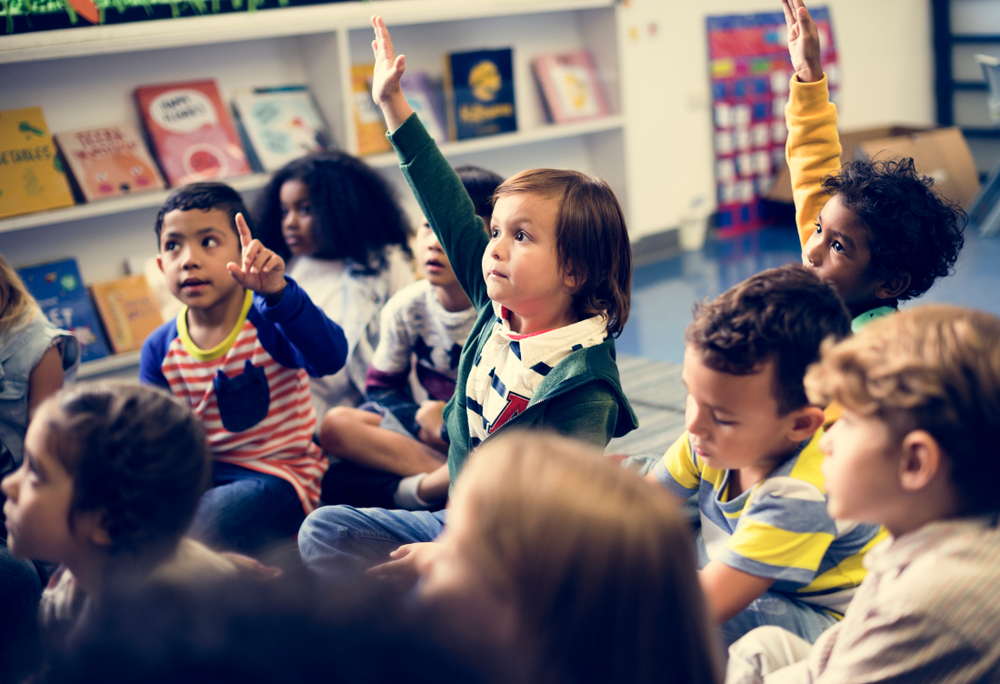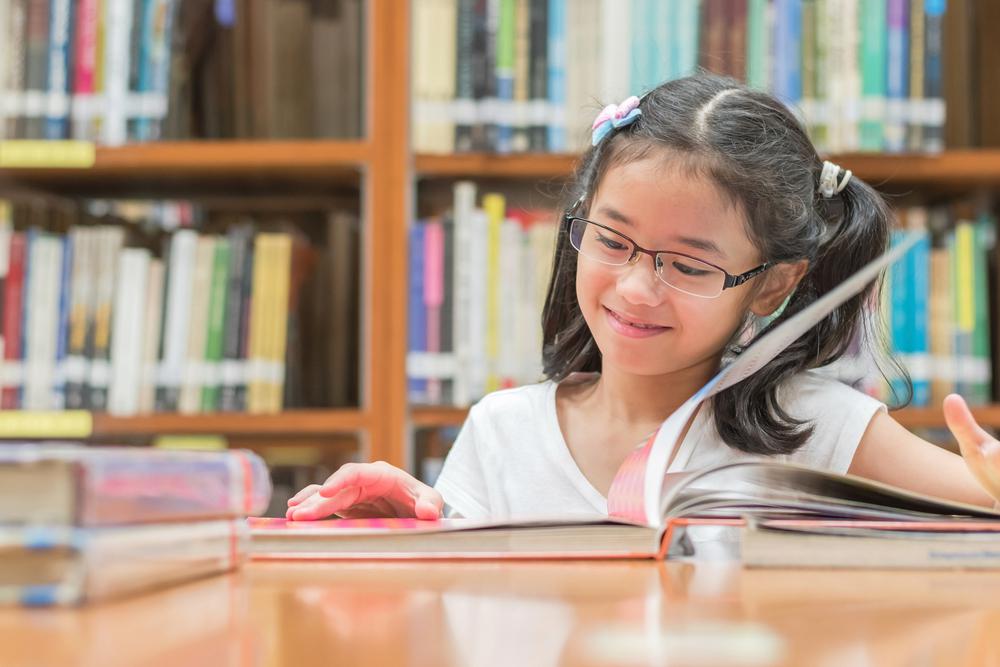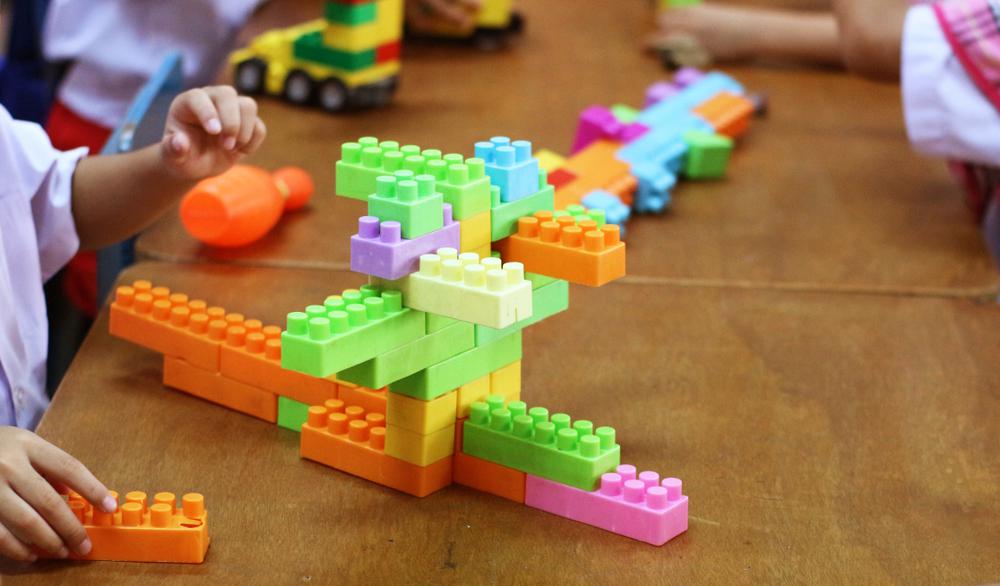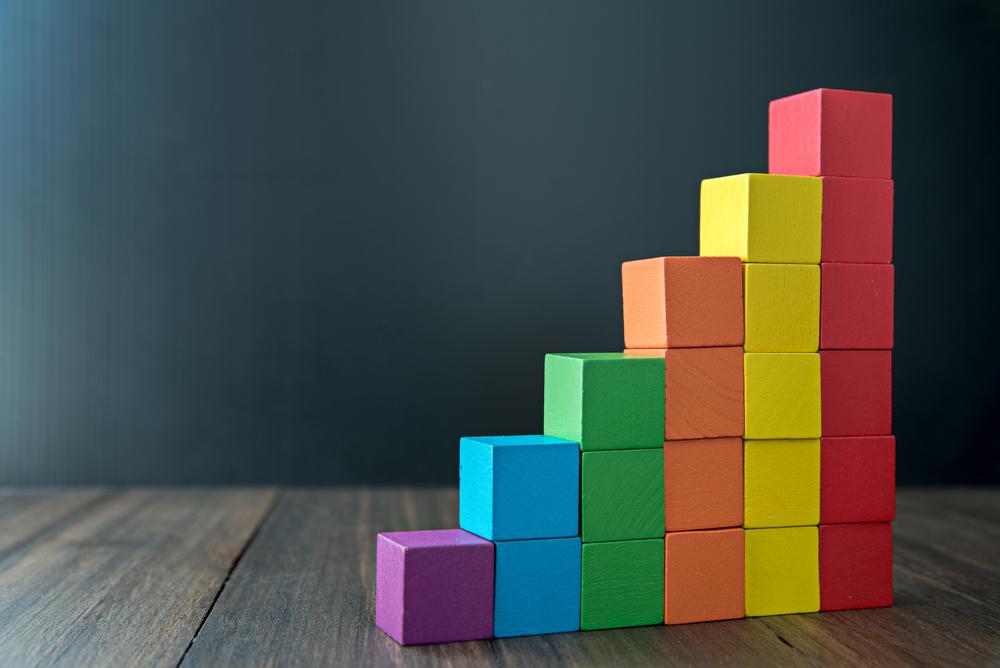Comparison Skills Normal Worksheets for Ages 3-5
4 filtered results
-
From - To
Enhance your child's learning experience with our Comparison Skills Normal Worksheets designed for ages 3-5. These engaging printable worksheets introduce young learners to the fundamentals of comparing sizes, quantities, and attributes. Each activity encourages critical thinking, helping children identify similarities and differences through fun illustrations and hands-on exercises. Ideal for preschool and kindergarten environments, our worksheets support early cognitive development and foster problem-solving skills. With clear instructions and vibrant visuals, learning becomes an enjoyable adventure. Equip your little ones with essential comparison skills that lay the groundwork for future academic success. Explore our collection today and watch them grow with confidence!
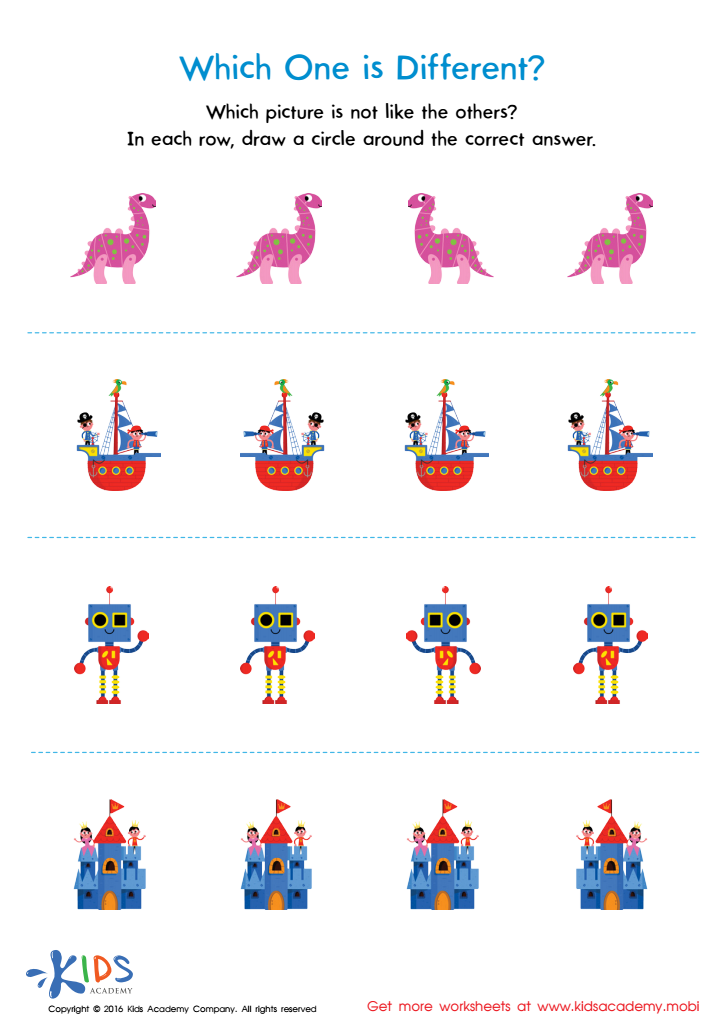

Which One Is Different Worksheet
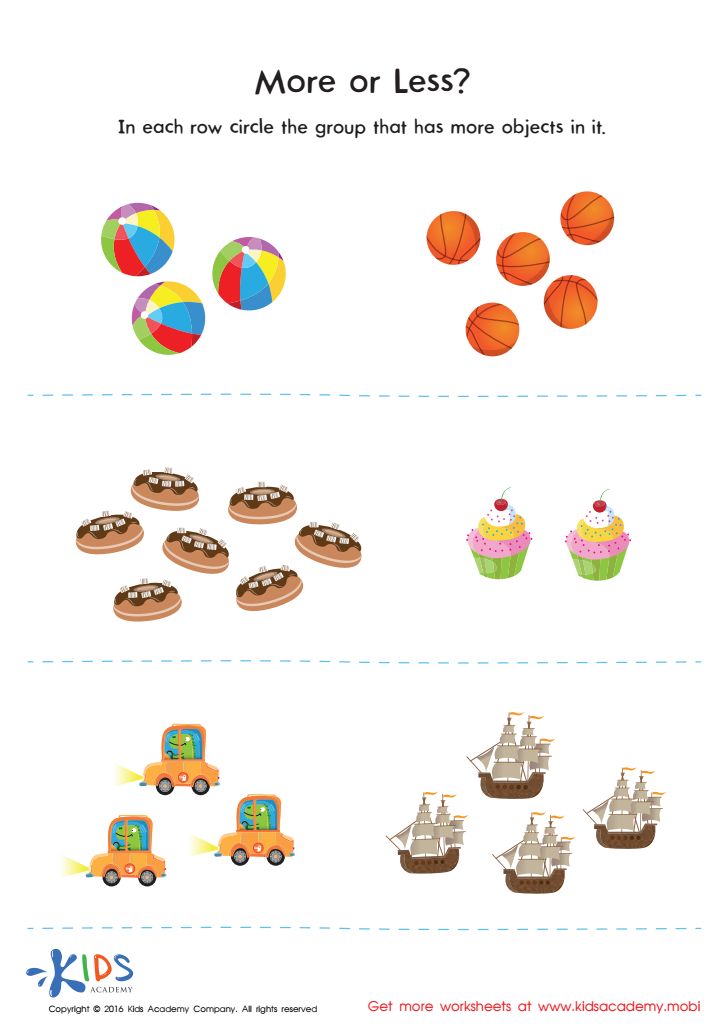

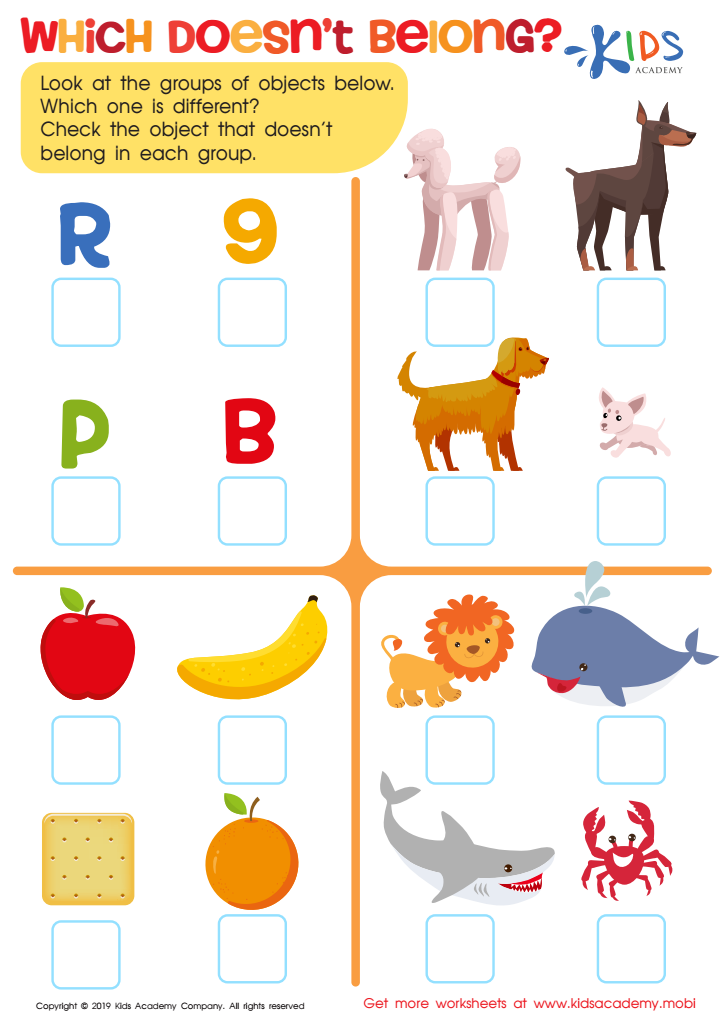

Which Doesn't Belong? Worksheet
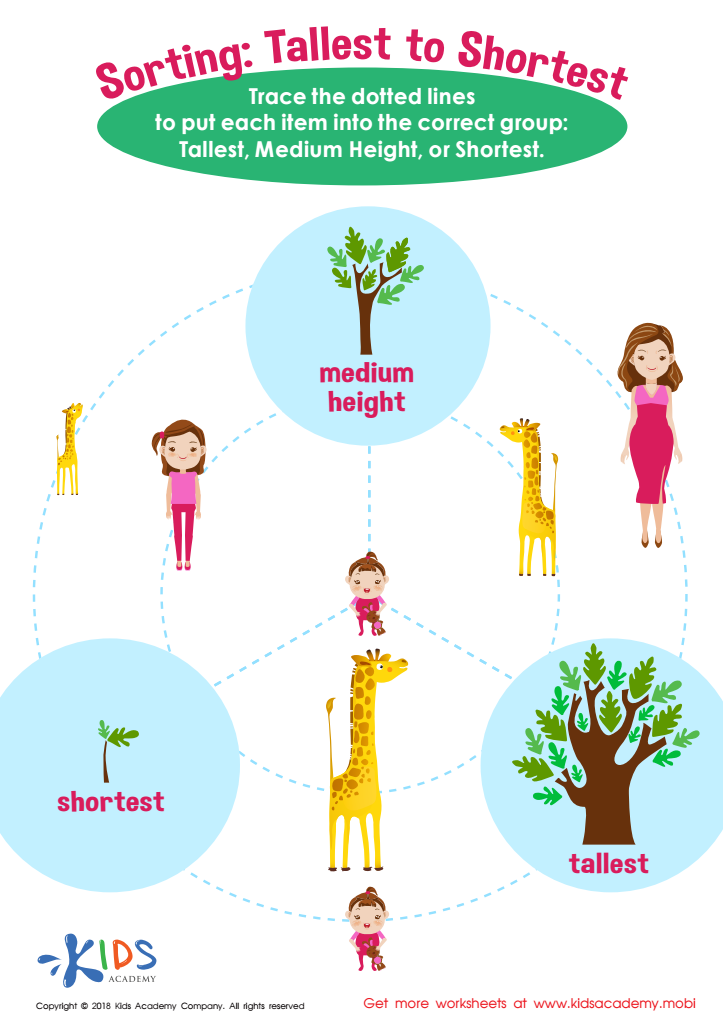

Sorting: Tallest to Shortest Worksheet
Parents and teachers should care about comparison skills for children aged 3-5 because these fundamental abilities lay the groundwork for critical thinking and cognitive development. At this stage, children are naturally curious and eager to learn about the world around them. Teaching them comparison skills, such as identifying similarities and differences, helps to enhance their observational abilities and encourages deeper understanding of concepts.
For instance, by comparing sizes, shapes, or colors, children cultivate the ability to categorize and organize information, which supports their problem-solving skills. These skills are essential for early mathematics, language development, and science exploration. Furthermore, comparison skills foster social development; children learn to understand others' perspectives and the importance of moderation and patience when resolving conflicts.
Engaging in comparison activities, such as sorting toys or comparing two pictures, allows children to express their thoughts and validate their feelings as they decipher the world around them. This developmental stage is crucial as it prepares children for more complex reasoning as they grow older. By prioritizing comparison skills, parents and teachers can help children build a strong foundation for lifelong learning and nurture their innate curiosity while fostering important social and emotional competencies.

 Assign to My Students
Assign to My Students




